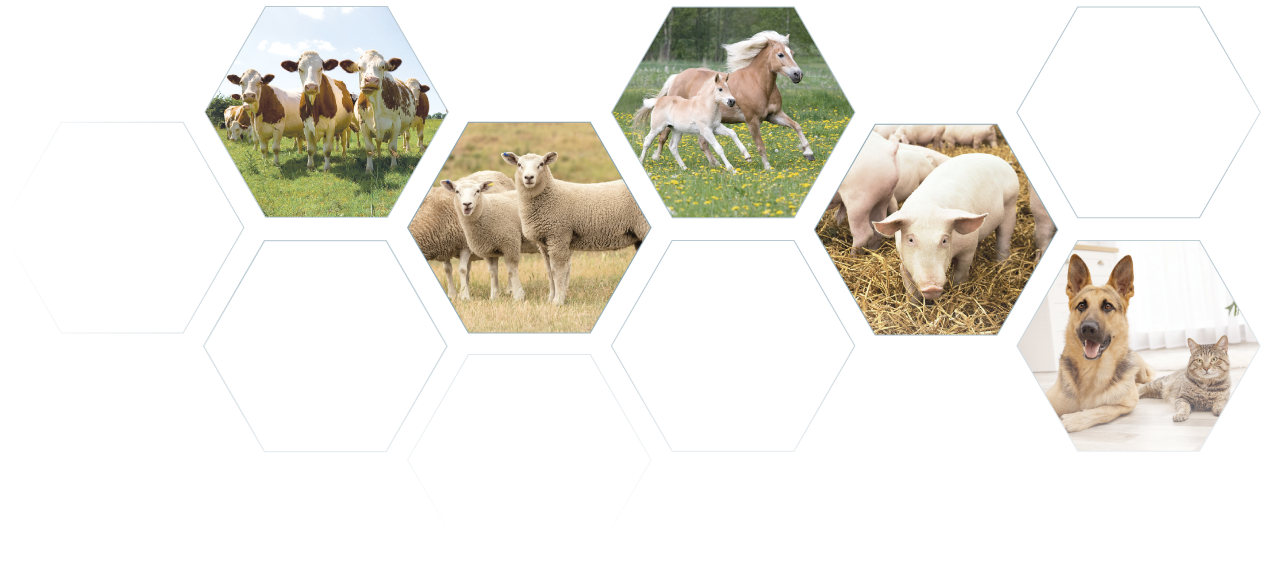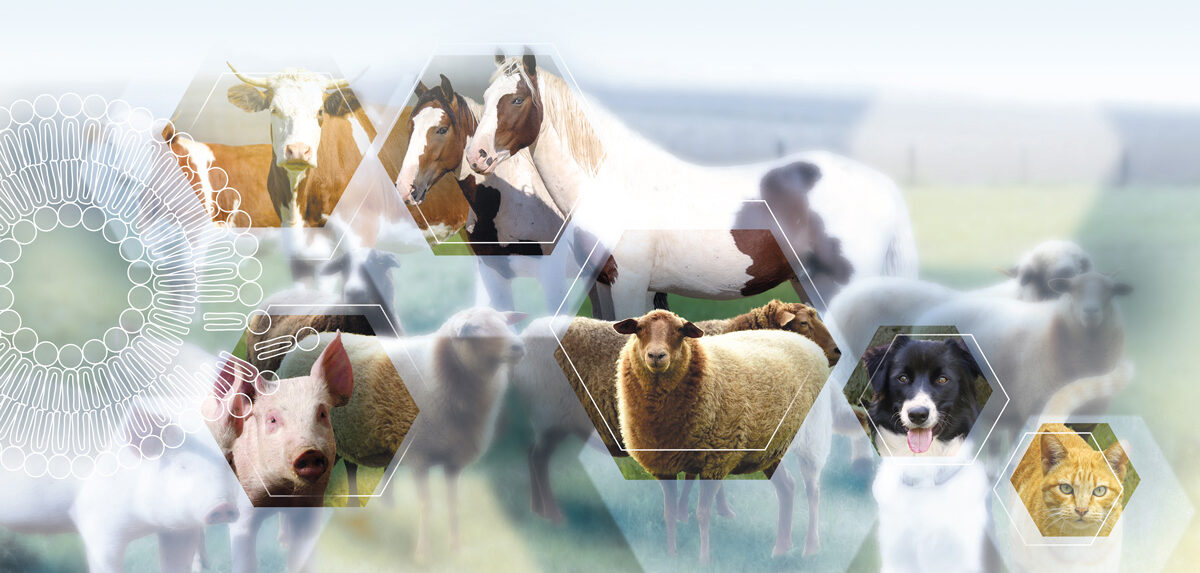Phospholipids are excellent natural excipients for veterinary applications. They are essential components of the membrane of any biological cell. They accommodate membrane proteins, creating membranes with highly selective permeability properties necessary for cell survival. Thanks to this natural versatility, phospholipids are multipurpose excipients for pharmaceutical applications in a wide range of drug products. Their unique physicochemical properties and their crucial physiological role, biocompatibility, biodegradability, and safety, predestine them for use in veterinarian products. These natural, biocompatible and non-toxic excipients extracted from, e.g., soybean or egg yolk, show excellent performance and meet the increasingly stringent regulatory requirements for veterinary products.
Phospholipids are multipurpose excipients that can contribute many functions to veterinary formulations. They are suitable for all routes of administration. Besides their technical use as a wetting agent, solubilizer, emulsifier, depot former, and liposome builder, they can also functionally improve drug products as a penetration enhancer, bioavailability enhancer, moisturizer, and texturizer.
Furthermore, they are physiologically occurring components and therefore irrelevant for residue testing in milk and meat. Phospholipids are odorless or have a characteristic, slightly nutlike odor and a bland taste while synthetic emulsifiers mostly have a bitter taste. They are even able to suppress bitter taste without affecting other taste qualities and therefore perfectly suitable for taste-sensitive animals like cats. When administered by injection, phospholipids are known to have an excellent safety profile, without any risk of inducing allergic reactions or anaphylactic shocks, unlike other, potentially harmful, synthetic detergents.

